Common Water Heater Problems: Troubleshooting Tips
A well-functioning water heater is essential for a smoothly running household, as it plays a vital role in our daily routines. A sudden breakdown can be inconvenient and leave you without hot water when you need it the most. This troubleshooting guide aims to help you tackle common water heater issues and address them promptly. By following these tips, you can ensure your water heater continues to function reliably, avoiding any disruptions to your daily routine and maintaining a comfortable home environment.
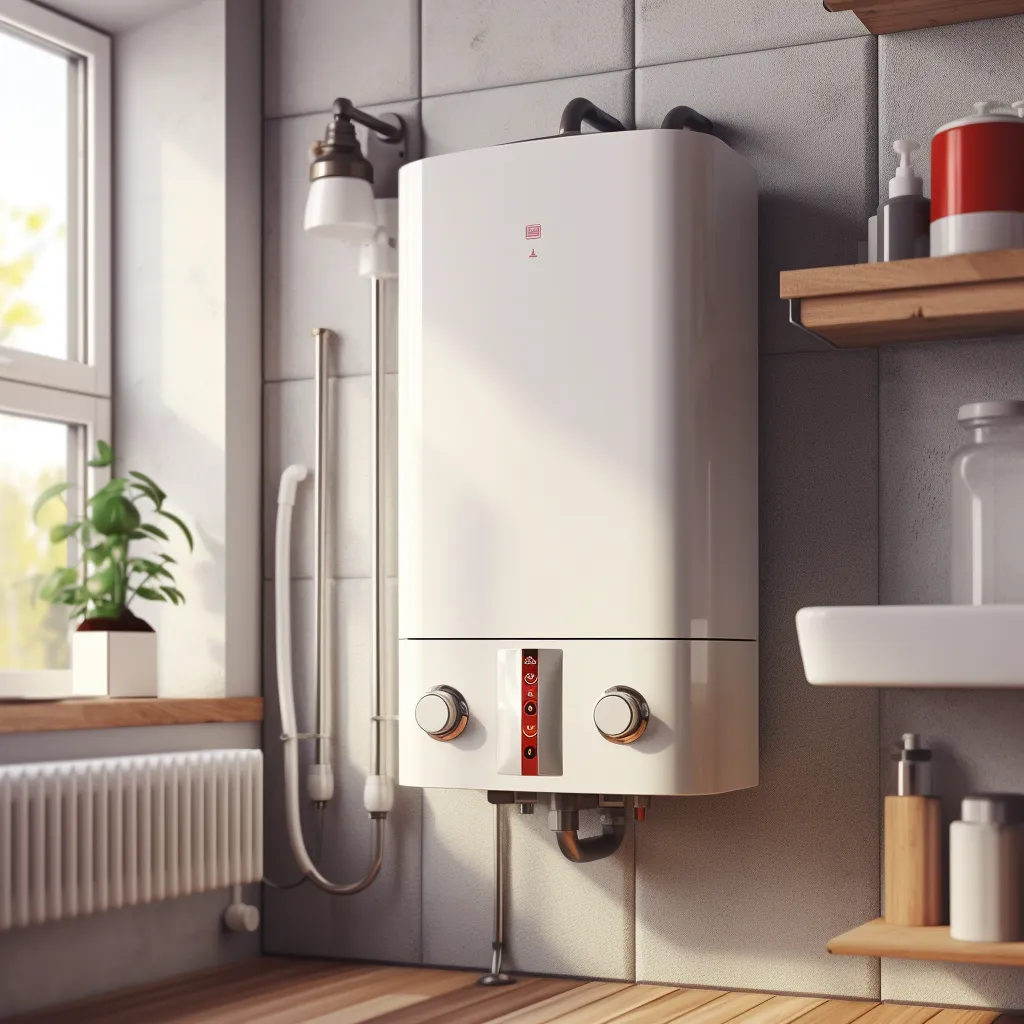
The tank is leaking
If you discover a leak in your water heater, it could be caused by a faulty pressure relief valve or a corroded tank. Here are the steps you can take to address the issue:
Turn Off the Power: If you have an electric water heater, switch off the power supply at the circuit breaker. For gas water heaters, turn off the gas supply.
Shut Off the Water: Close the cold water supply valve to prevent more water from flowing into the tank and exacerbating the leak.
Drain the Tank: Attach a hose to the drain valve and direct it to a suitable drainage area. Open the drain valve to empty the water heater.
Inspect the Pressure Relief Valve: Check the pressure relief valve for signs of leaks or corrosion. If it is faulty, replace it with a new one.
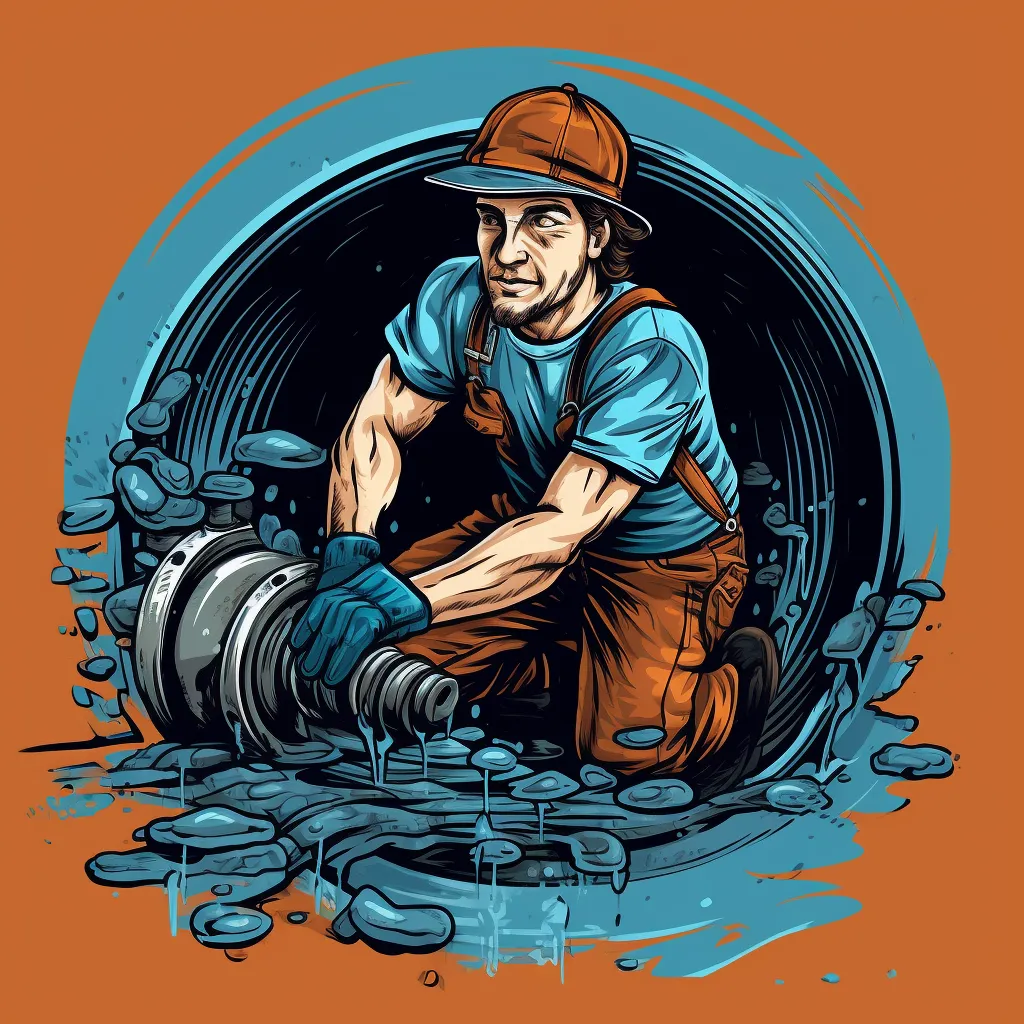
The water is discolored
Discolored water from your water heater is a common issue that may indicate the need for flushing and descaling. Over time, mineral deposits can build up inside the water heater tank, leading to discoloration of the water. Flushing the tank and descaling it can help remove these deposits and restore the water heater's performance and water quality. Regular maintenance in the form of flushing and descaling can prevent discoloration and ensure a consistent supply of clean and clear hot water throughout your home. If you notice discolored water from your water heater, consider scheduling a maintenance service with a professional plumber to address the issue effectively.
Regularly examining the anode rod is essential. If you notice signs of deterioration or corrosion, replacing the anode rod is recommended to prevent further damage and extend the water heater's lifespan.
For a comprehensive descaling treatment, it's advisable to contact an expert plumber. They can perform a thorough descaling process to remove stubborn mineral deposits and improve the water heater's efficiency.
By following these maintenance steps and seeking professional assistance when needed, you can ensure your water heater functions optimally, providing a reliable supply of clean and hot water for your household.

The water smells bad
When facing tank problems in your water heater caused by bacteria buildup, take the following steps:
Identify the Issue: Look for signs of bacteria buildup, such as foul odors or strange tastes in the hot water.
Lower the Temperature: Lower the water heater temperature temporarily to 120°F (49°C) to inhibit bacteria growth.
Regular Maintenance: Schedule regular water heater maintenance to prevent future bacteria buildup and ensure optimal performance.
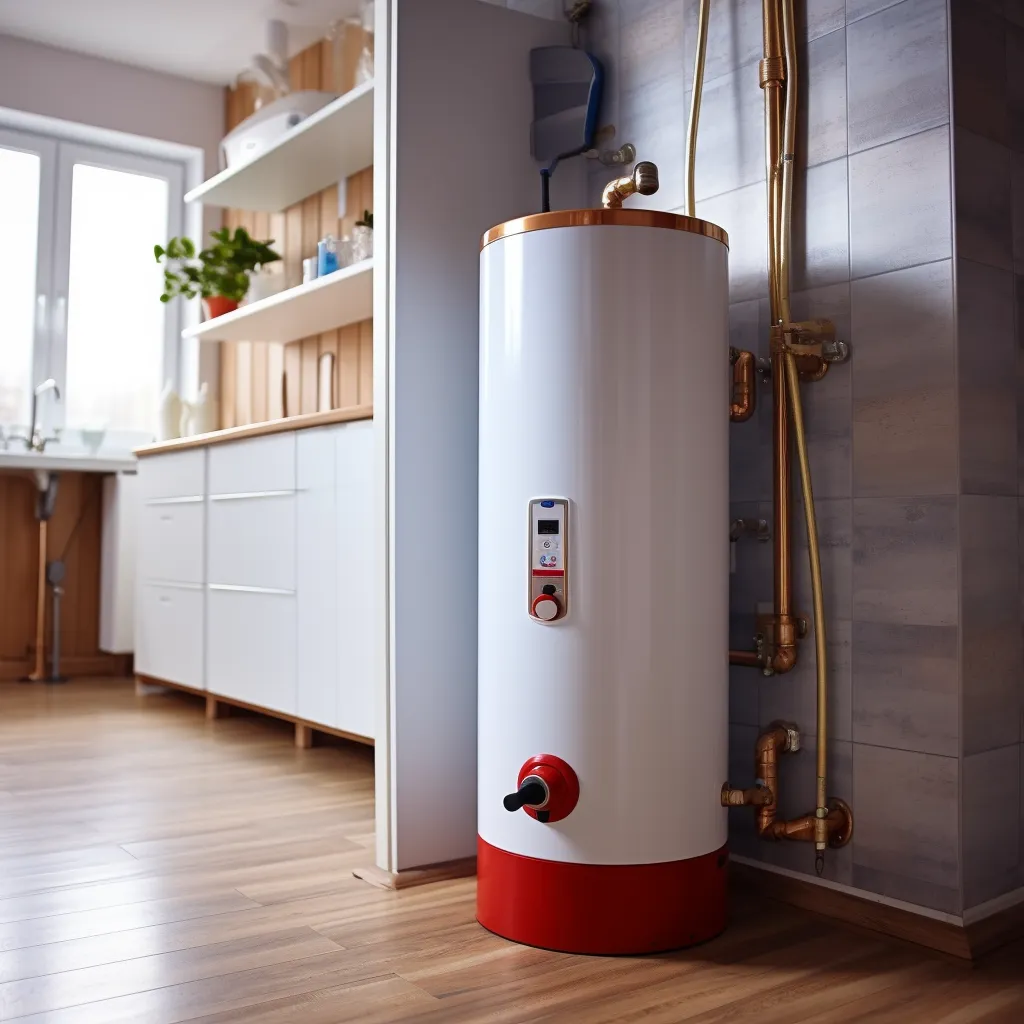
Noisy water heater
If you're hearing unusual noises from your water heater, it could be due to sediment buildup or loose parts. Here's how to address these issues:
Flushing the Tank: Sediment buildup at the bottom of the tank can cause popping or rumbling noises. To resolve this, flush the water heater tank to remove the accumulated sediment. Follow the manufacturer's guidelines for proper flushing.
Tightening Loose Parts: Check for loose components, such as heating elements or connections, and tighten them as necessary. Loose parts can create rattling or banging noises when the water heater operates.
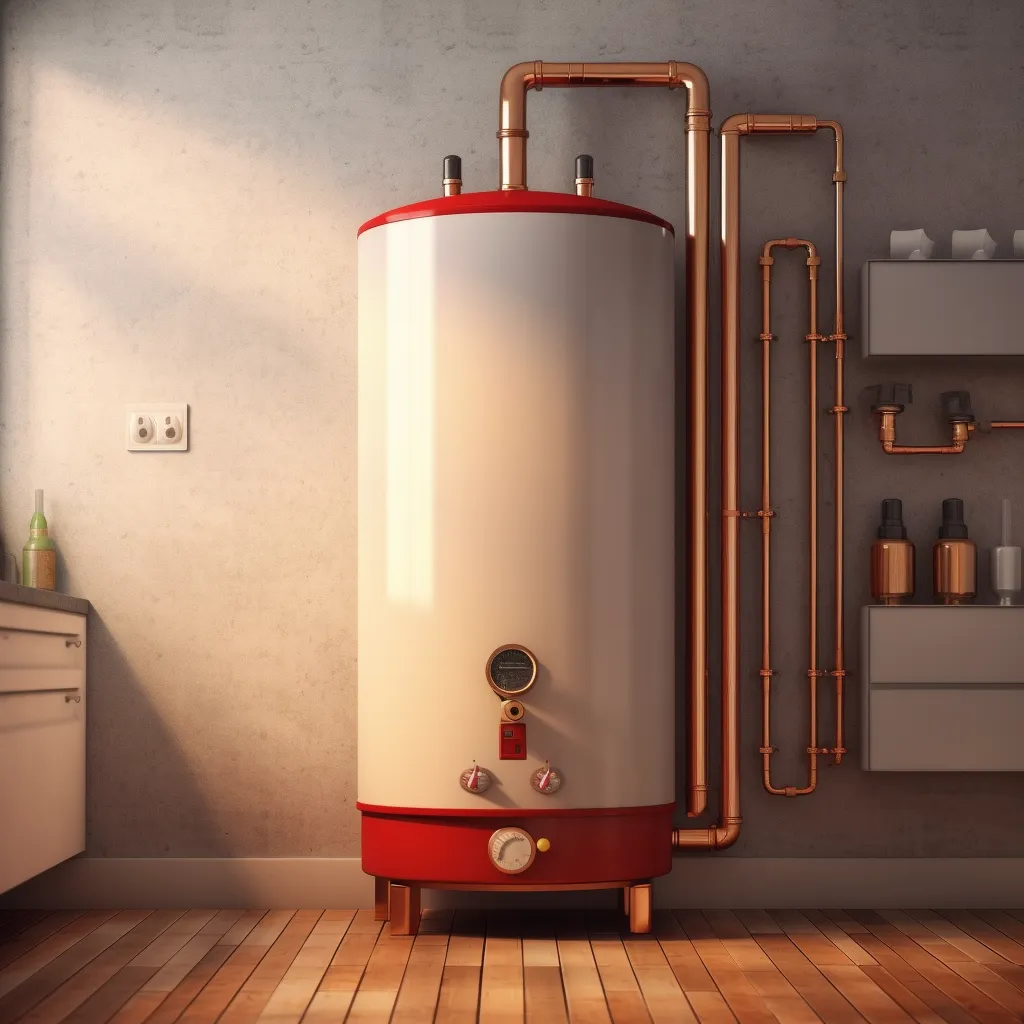
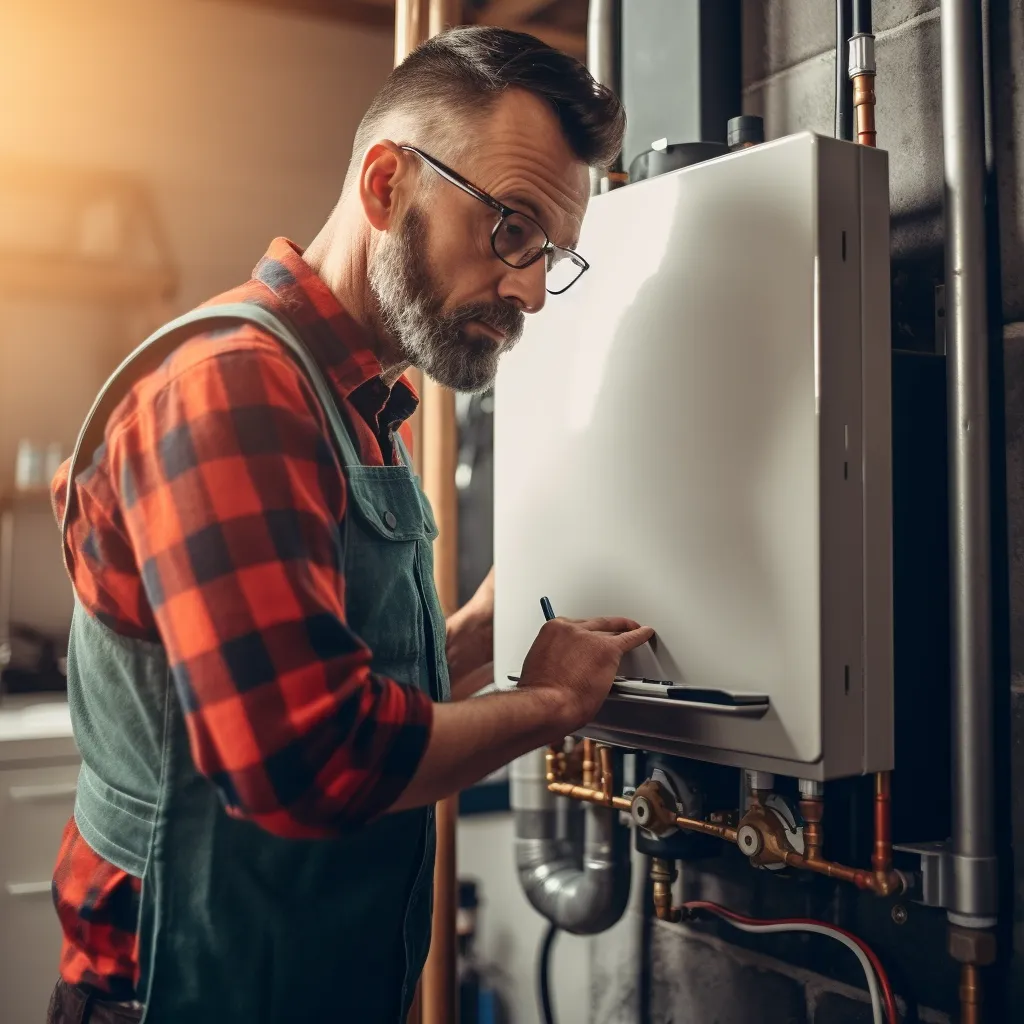
Tank takes a long time to reheat
If your tank water heater is taking an excessive amount of time to reheat, several factors could be contributing to the issue, including a malfunctioning thermostat, an undersized tank, or mineral buildup. Here are steps you can take to address the problem:
Check the Thermostat: Verify that the thermostat is set to the desired temperature and is functioning correctly. If it's not working, consider replacing it to restore efficient heating.
Inspect the Tank Size: Ensure the water heater tank is appropriately sized for your household's hot water demand. If it's undersized, consider upgrading to a larger tank or exploring alternative water heater options.
Flush the Tank: Sediment and mineral buildup can hinder the water heater's performance. Flush the tank to remove any accumulated debris, which can help improve heating efficiency.
Low hot water pressure
If you're experiencing low hot water pressure, there could be several reasons, such as a small hot water tank or a leaky plumbing system. Here are some steps you can take to resolve the issue:
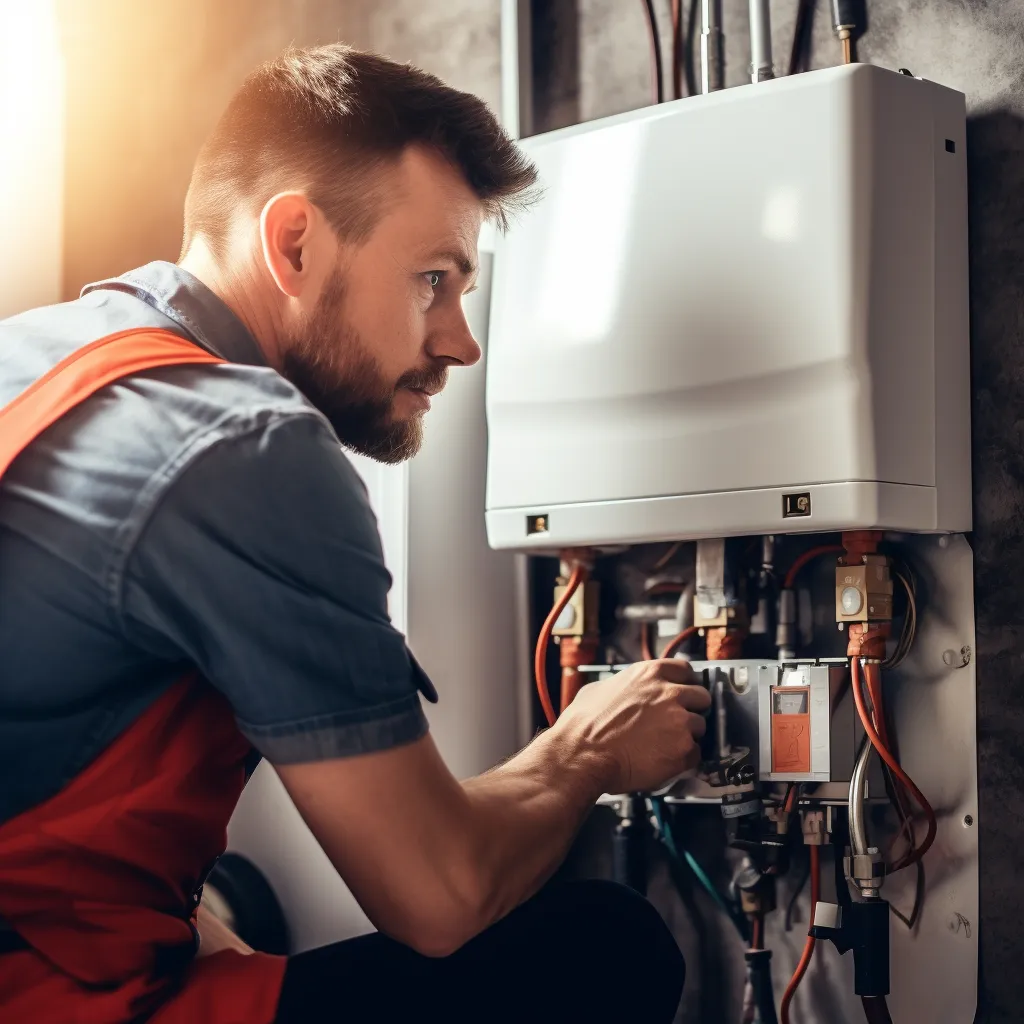
Test Pressure Relief Valve: Check the pressure relief valve on the water heater for proper functioning. If it's faulty, consider replacing it.
Check Water Heater Size: Assess if your hot water tank size is adequate for your household's hot water needs. Consider upgrading to a larger tank if necessary.
Insulate Hot Water Pipes: Insulating hot water pipes can help retain heat and improve pressure.
Address Plumbing Issues: If you suspect leaks or other plumbing problems, contact a licensed plumber to identify and resolve the issue.

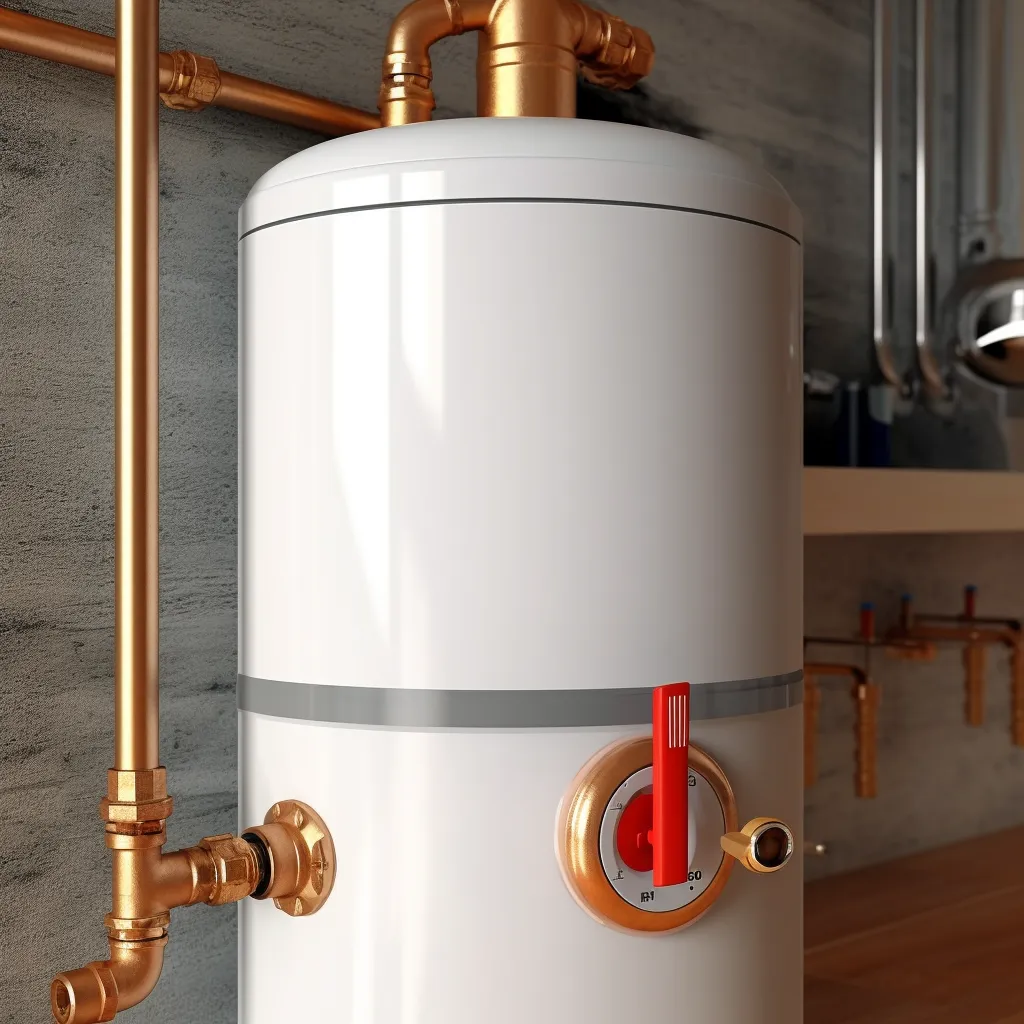
Low supply of hot water
If you're experiencing a low supply of hot water that cools down quickly, several factors could be contributing to the problem, including a malfunctioning thermostat, an undersized tank, or clogged pipes. Here are some troubleshooting tips to address the issue:
Check Water Supply Pipes: Inspect the hot water supply pipes for any clogs or restrictions that could impede water flow. Clear any obstructions to improve hot water delivery.
Test Pressure Relief Valve: Check the pressure relief valve on the water heater to ensure it's working correctly. Replace it if it's faulty.
Adjust Hot Water Usage: Consider staggering hot water usage during peak times to allow the tank to recover and provide a more consistent supply.
Seek Professional Help: If the issue persists or you're uncertain about the root cause, it's best to contact a licensed plumber. They can diagnose the problem accurately and recommend appropriate solutions.
Ways to prevent future water heater problems
Here's how to prevent problems with your water heater in the future:

Schedule regular maintenance.
Check and replace the anode rod as needed.
Monitor thermostat settings.
Insulate hot water pipes.
Address leaks promptly.
Monitor water pressure.
Flush the tank regularly.
Consider water softening for hard water areas.
Know when to replace the water heater.
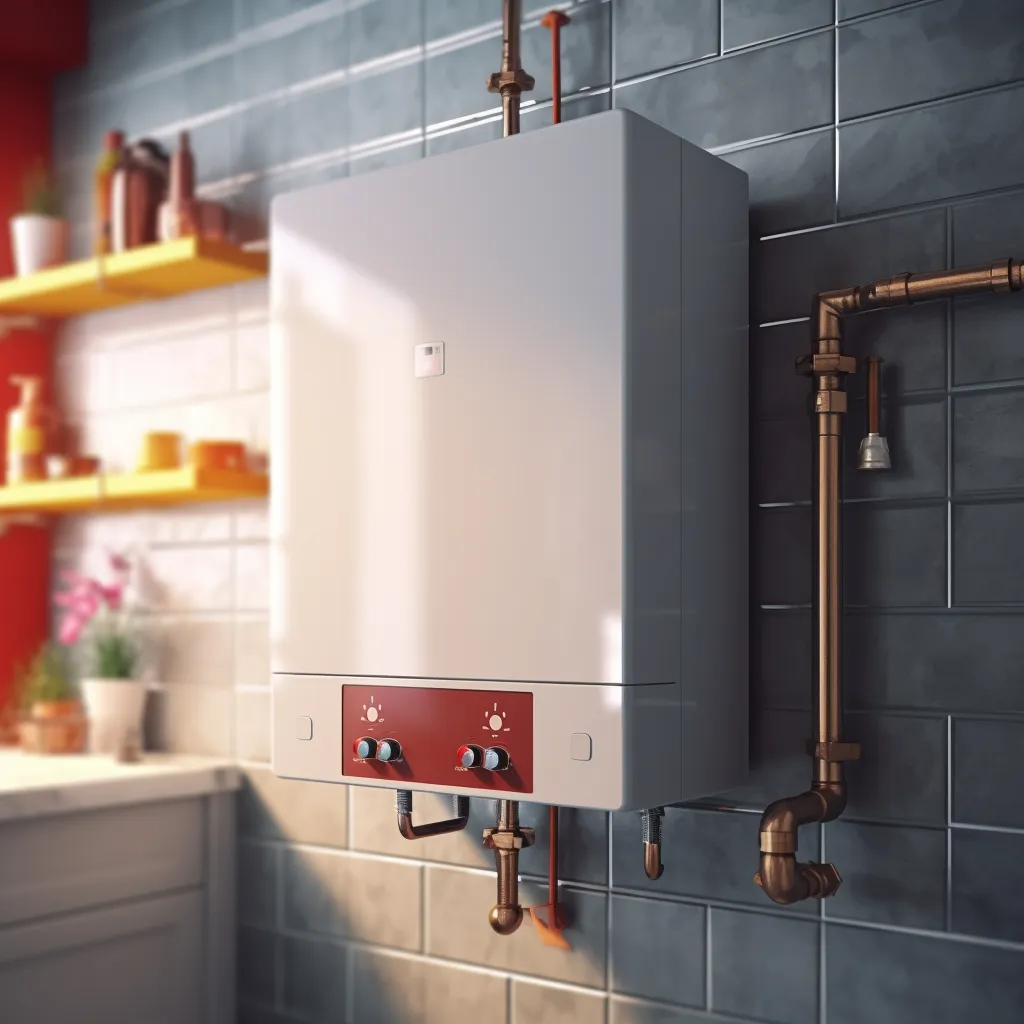
While it's advisable to seek professional assistance for repair or maintenance tasks if you're uncertain, following these basic steps can help you maintain your water heater in optimal condition and prevent potential issues.
Know when to call
in a licensed plumber
Following these basic steps can play a crucial role in keeping your water heater functioning efficiently and preventing potential problems. However, when in doubt or dealing with complex issues, it's always best to consult a professional plumber who can provide expert guidance and ensure your water heater receives the proper care it deserves. Regular maintenance and attentive care will extend the lifespan of your water heater and ensure a reliable supply of hot water for your home.
What to look for in a licensed plumber
When choosing a licensed plumber for your water heater repair or replacement, consider the following factors to ensure you hire a reliable and qualified professional:
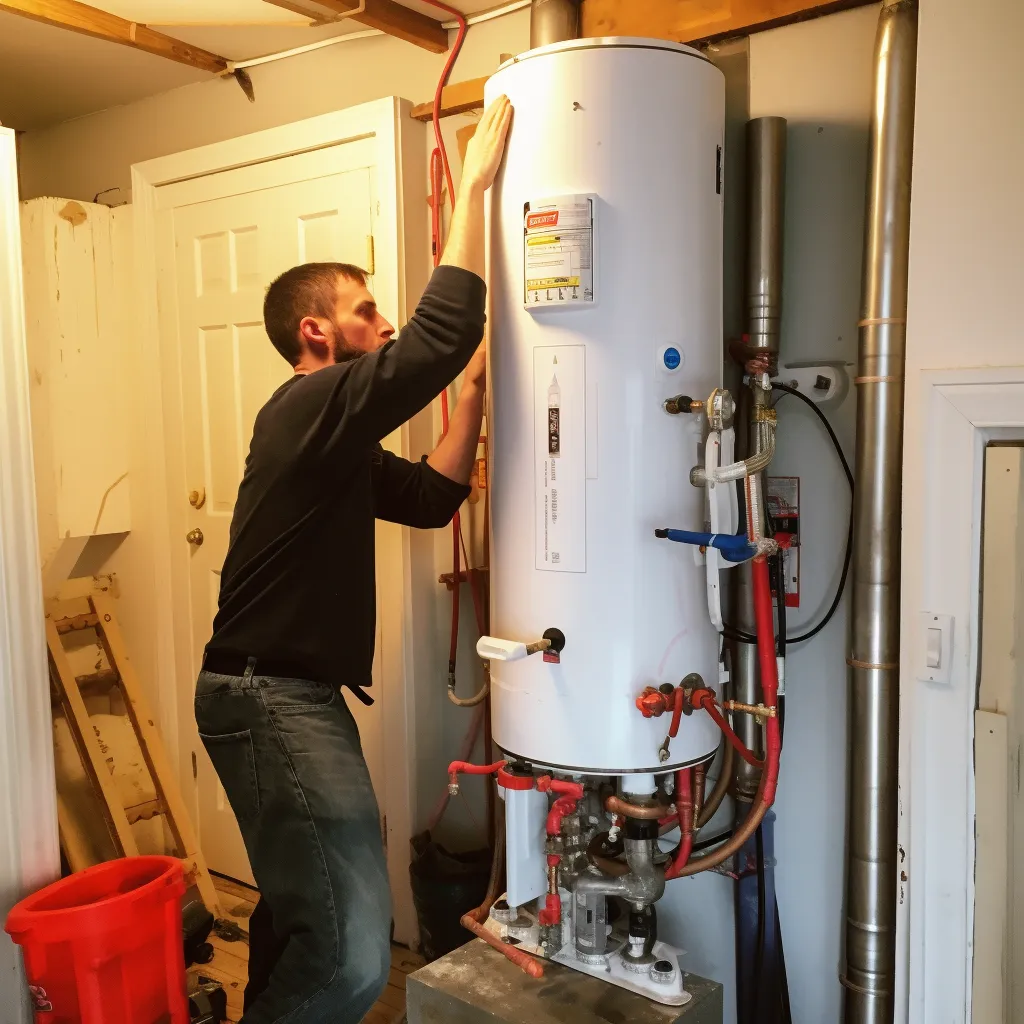
Transparent Pricing: Request a detailed and transparent price quote before the work begins. A reputable plumber will provide clear pricing information without any hidden fees.
Warranty and Guarantees: Inquire about the warranty on labor and the parts used. A confident and reliable plumber will offer guarantees on their workmanship.
Timely Response: Choose a plumber who responds promptly to your inquiries and can accommodate your schedule for appointments.
References: Ask the plumber for references from past clients. Talking to previous customers can provide valuable insights into the plumber's professionalism and reliability.
Local Presence: Opt for a plumber with a physical presence in your local area. Local plumbers are more likely to be familiar with local regulations and provide quicker response times.
Customer Service: Assess the plumber's customer service approach during your initial interactions. A courteous and attentive plumber is more likely to prioritize your needs and ensure a positive experience.
Reach out to an experienced professional
When facing issues with your water heater, there can be various underlying causes. To ensure a reliable and long-lasting solution, it's advisable to have a licensed plumber inspect the unit. By following these suggestions, you can address water heater difficulties and maintain a smoothly running household. If you need further assistance or advice, don't hesitate to contact an experienced plumber who can assess your water heater and recommend effective solutions to restore its functionality.
Contact Us
GET IN FULL TOUCH
PHONE: (209) 370-0794
EMAIL:
orlando@waterheatermodesto.com
Westside Plumbing
Modesto, CA 95354

